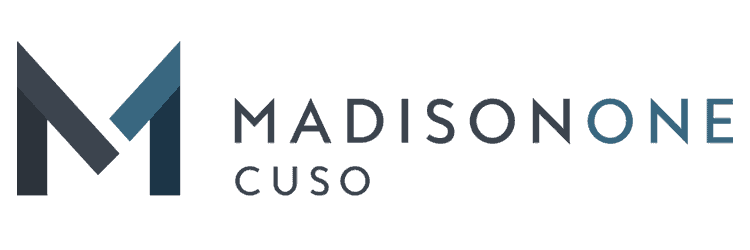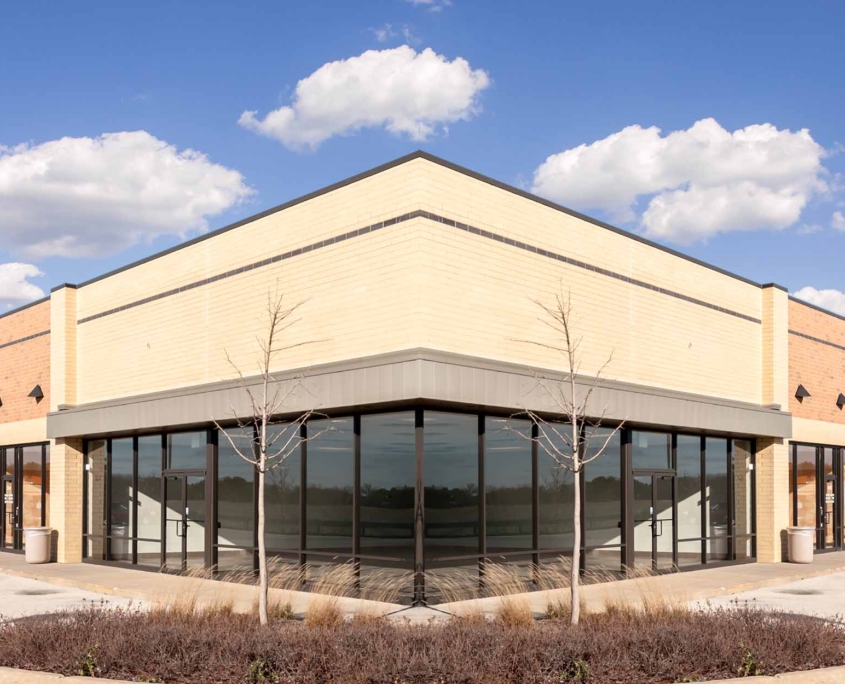 https://m1cuso.com/wp-content/uploads/2024/03/Stacks-of-coins-under-growing-plants-illustrating-equity.jpg
1250
2000
AbstraktMarketing
https://m1cuso.com/wp-content/uploads/2022/09/logo-madione-1.png
AbstraktMarketing2024-03-25 10:41:012024-04-15 08:55:41Understanding USDA Equity Requirements
https://m1cuso.com/wp-content/uploads/2024/03/Stacks-of-coins-under-growing-plants-illustrating-equity.jpg
1250
2000
AbstraktMarketing
https://m1cuso.com/wp-content/uploads/2022/09/logo-madione-1.png
AbstraktMarketing2024-03-25 10:41:012024-04-15 08:55:41Understanding USDA Equity RequirementsWhat Is an SBA 7(a) Loan?
Has your small business searched high and low for funding sources, only to get turned away again and again? The Small Business Administration (SBA) created the 7(a) loan program to give businesses like yours an alternative funding option—but you have to meet certain criteria to qualify. Here’s everything you need to know about SBA 7(a) loans, including how they work, what your options are, and which businesses are eligible.
What Is the SBA 7(a) Loan Program, and How Does It Work?
The SBA 7(a) loan program allows private lenders to offer up to $5 million in government-guaranteed funding to small businesses that meet specific requirements. These loans exist to promote growth and job creation for creditworthy small businesses by offering comparable terms to conventional loans—without many of the stringent requirements. SBA 7(a) loans generally offer lower interest rates and longer repayment terms than other alternative financing options, making them one of the best options.
Businesses that are eligible for the program work with an SBA 7(a) loan lender to apply for funding. Eligible uses include:
- Debt refinancing
- Working capital
- Real estate purchases
- Building construction or renovation
- Business acquisition
- Business creation
- Equipment financing
What Are the Different Types of SBA 7(a) Loans?
Small businesses have several loan options within the 7(a) program to choose from. These include:
- Standard 7(a) loans: These loans can go up to $5 million with a 75–85% government guarantee.
- Small loans: With a maximum funding amount of $350,000, these loans are ideal for smaller projects.
- Express loans: Businesses that need immediate funding can apply for up to $500,000 and receive a response within 36 hours, but the SBA will only guarantee 50% of the loan.
- Export Express loans: This loan program is designed for exporters who need up to $500,000 in an expedited time frame—the SBA responds to applications within 24 hours.
- Export Working Capital loans: Businesses that generate export sales can apply for up to $5 million in working capital to support their export operations.
- International Trade loans: Businesses that need long-term loans to support their international expansion or viability in the foreign market can secure up to $5 million in funding.
- CAPLines: For businesses with cyclical funding needs, CAPLines offer up to $5 million for seasonal projects, contracts, construction projects, and short-term growth projects.
What Are the SBA 7(a) Loan Rates and Terms?
The SBA uses current LIBOR or prime rates to determine the maximum interest rate for SBA 7(a) loans. Your interest rate will also depend on your size, type, repayment term, and lender. Depending on your needs, you can choose between a fixed or variable rate, but your lender will make the final decision on the amount.
Your repayment term also depends on how you use your loan. You can pay back an SBA 7(a) real estate loan over a 25-year period, but working capital and equipment financing ones are only eligible for 10-year terms.
Are There Any Fees for SBA 7(a) Loans?
The SBA requires a guaranty fee each year for a percentage of your total loan. Like interest rates, the SBA dictates the maximum lenders can charge for specified amounts, without processing, application, origination, and brokerage fees.
Who Is Eligible for the SBA 7(a) Loan Program?
To qualify for an SBA 7(a) loan, you must meet the following criteria:
- Operate for profit
- Be a small business, according to the SBA’s definition
- Do (or plan to conduct) business in the United States
- Have owner equity to invest
- Exhaust alternative resources (including personal assets) before submitting a loan application
Additionally, depending on the type and the amount you seek, you may have to provide collateral. The SBA also requires owners with more than a 20% stake in the business to provide a personal guarantee.
However, certain businesses can’t apply for a small business loan, even if they meet the above requirements. These ineligible ones include:
- Real estate investment firms using a property for investment purposes instead of occupation
- Businesses involved in speculative activities
- Firms involved in lending
- Pyramid sales companies
- Gambling businesses
- Rare coin and stamp dealers
- Charitable or religious organizations
Lenders may have their own requirements for borrowers’ personal credit scores and business age, so you should take that into consideration when choosing an SBA 7(a) loan lender. Plus, eligibility requirements aren’t always black and white—even if you think you aren’t eligible, you may be. An experienced lender can help you determine your eligibility, explore the best options, and help you navigate the application process.
Turn to an Experienced SBA 7(a) Loan Lender to Apply for a Loan
Are you ready to learn if you’re eligible for an SBA 7(a) loan and begin the application process? Madison One CUSO has a proven track record of securing government-backed funding for small businesses nationwide. In a short 15-minute phone call, we can determine if you qualify and begin structuring your loan.
Once you’re ready to apply, we follow a step-by-step process to improve your odds of a smooth process, beginning with issuing a needs list and helping you gather the necessary documents. From there, we send out a term sheet outlining your loan details, and if you choose to move forward, begin underwriting your loan. If our credit union partners approve your application, we send it to the SBA, handle the closing process, and offer ongoing support. Get in touch today to see if you’re eligible for an SBA 7(a) loan or learn more about your government-guaranteed funding options.





